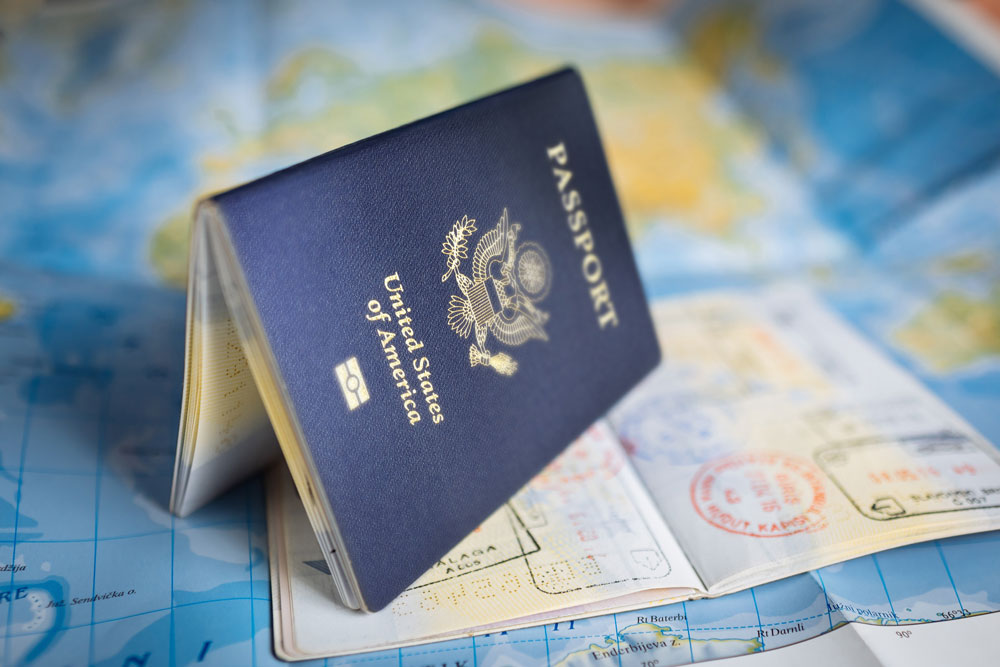The Trump administration is reportedly evaluating the implementation of sweeping travel restrictions that could impact citizens from 41 countries, according to an internal memo obtained by Reuters. This initiative is part of a broader immigration crackdown launched during Donald Trump’s second presidential term. The proposed measures, which are yet to be finalized, represent one of the most stringent visa policies in recent U.S. history.
Details of the Proposed Travel Ban
The internal memo divides the targeted countries into three categories:
Full Visa Suspension:
Ten countries, including Afghanistan, Iran, Syria, Cuba, and North Korea, are slated for a complete suspension of visa issuance. This measure would ban all travel to the U.S. for citizens of these nations.
Partial Visa Suspension:
Five countries—Eritrea, Haiti, Laos, Myanmar, and South Sudan—would face restrictions on certain visa types, such as tourist and student visas. There would be limited exceptions for immigrant visas.
Conditional Visa Suspension:
A third group of 26 countries, including Belarus, Pakistan, and Turkmenistan, would face potential partial restrictions. However, these measures would only be enforced if their governments fail to address deficiencies in their security vetting processes within 60 days.
The memo indicates that the list is not final and could be revised before receiving approval from the Trump administration, including the Secretary of State.
A Continuation of Previous Policies
This proposed travel ban is reminiscent of the controversial travel restrictions enacted during Trump’s first term, which targeted citizens from seven majority-Muslim nations. That policy, after several legal challenges, was ultimately upheld by the U.S. Supreme Court in 2018.
In January 2025, President Trump issued an executive order mandating stricter security vetting for foreign nationals seeking admission to the U.S. This order required cabinet members to submit recommendations for countries whose vetting and screening processes were deemed insufficient. The March 15 memo appears to be a direct result of that directive.
Broader Implications
If implemented, the travel ban would likely face significant backlash from human rights organizations, immigrant advocacy groups, and international allies. Critics argue that such policies unfairly target specific countries and populations, perpetuating discrimination under the guise of national security.
Proponents of the policy, however, contend that it is a necessary measure to protect U.S. citizens from potential threats. The administration has framed the move as part of its commitment to strengthening national security and ensuring robust immigration controls.
Uncertain Future
A U.S. official, speaking on the condition of anonymity, cautioned that the list of countries and the scope of the restrictions are subject to change. The State Department has yet to comment on the proposed measures.
This proposal underscores the Trump administration’s continued focus on immigration as a cornerstone of its domestic policy agenda. Whether the travel ban will proceed as planned remains to be seen, but it has already sparked heated debate both domestically and internationally.











